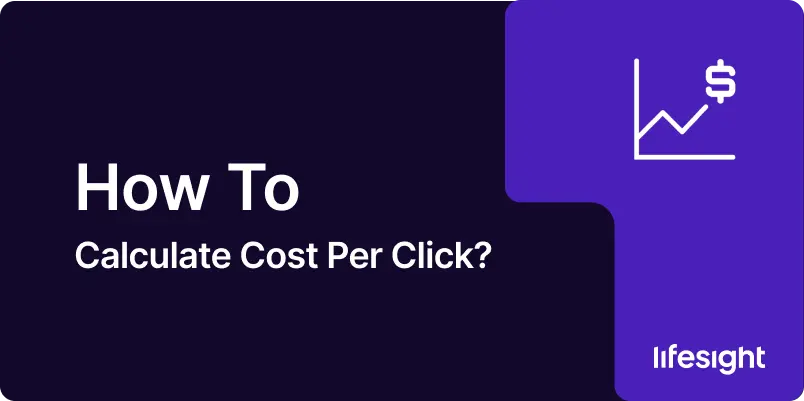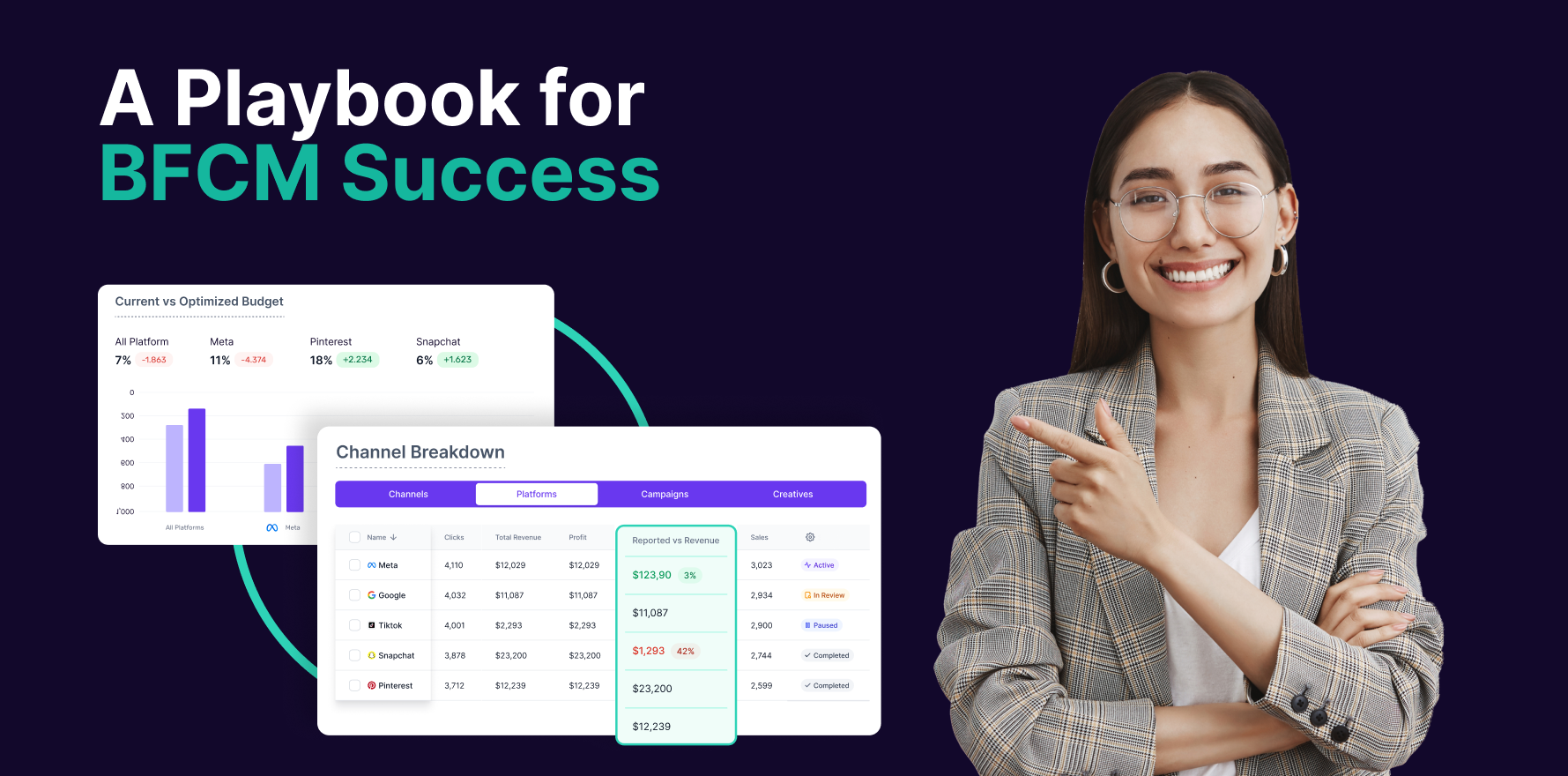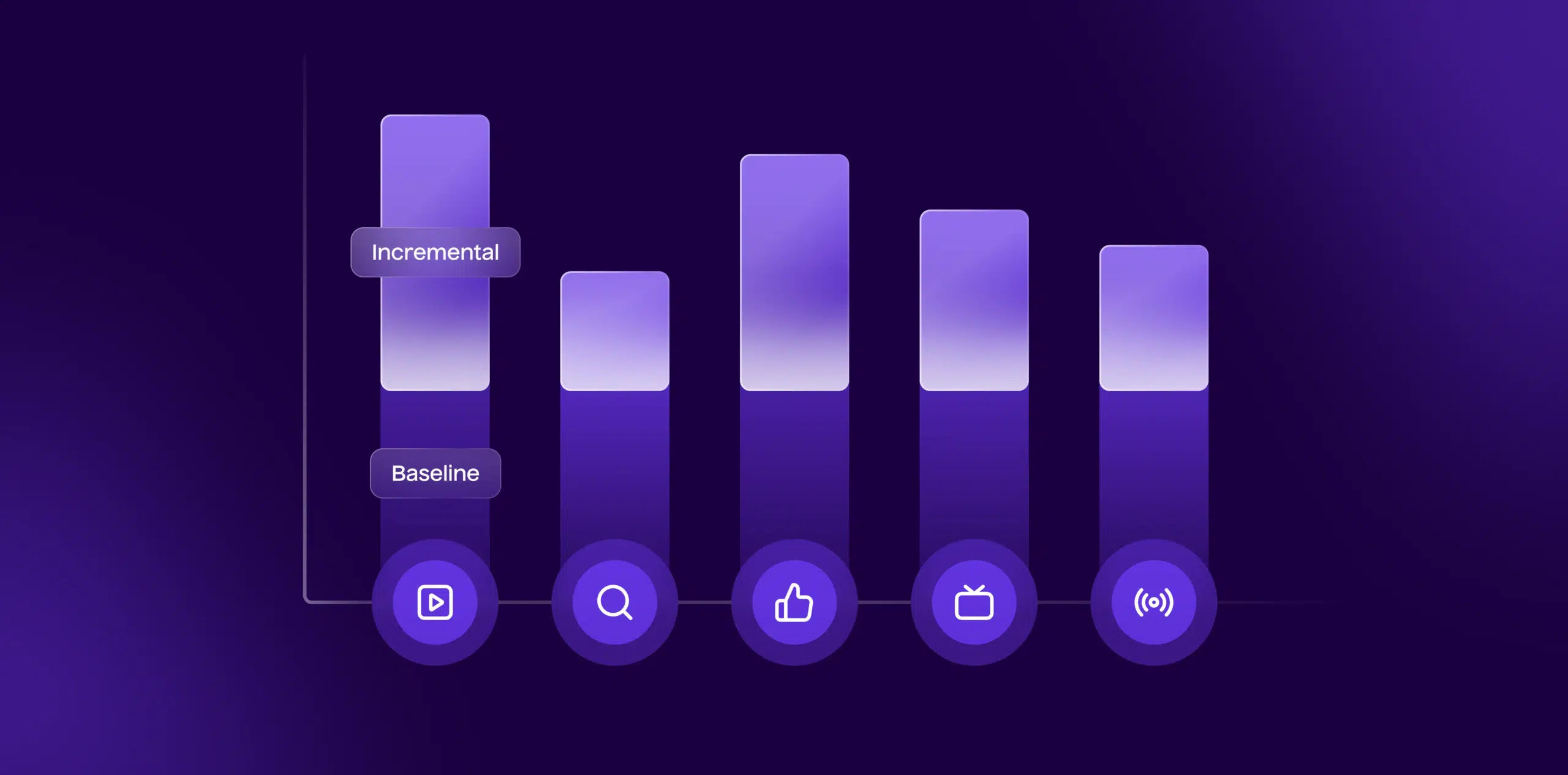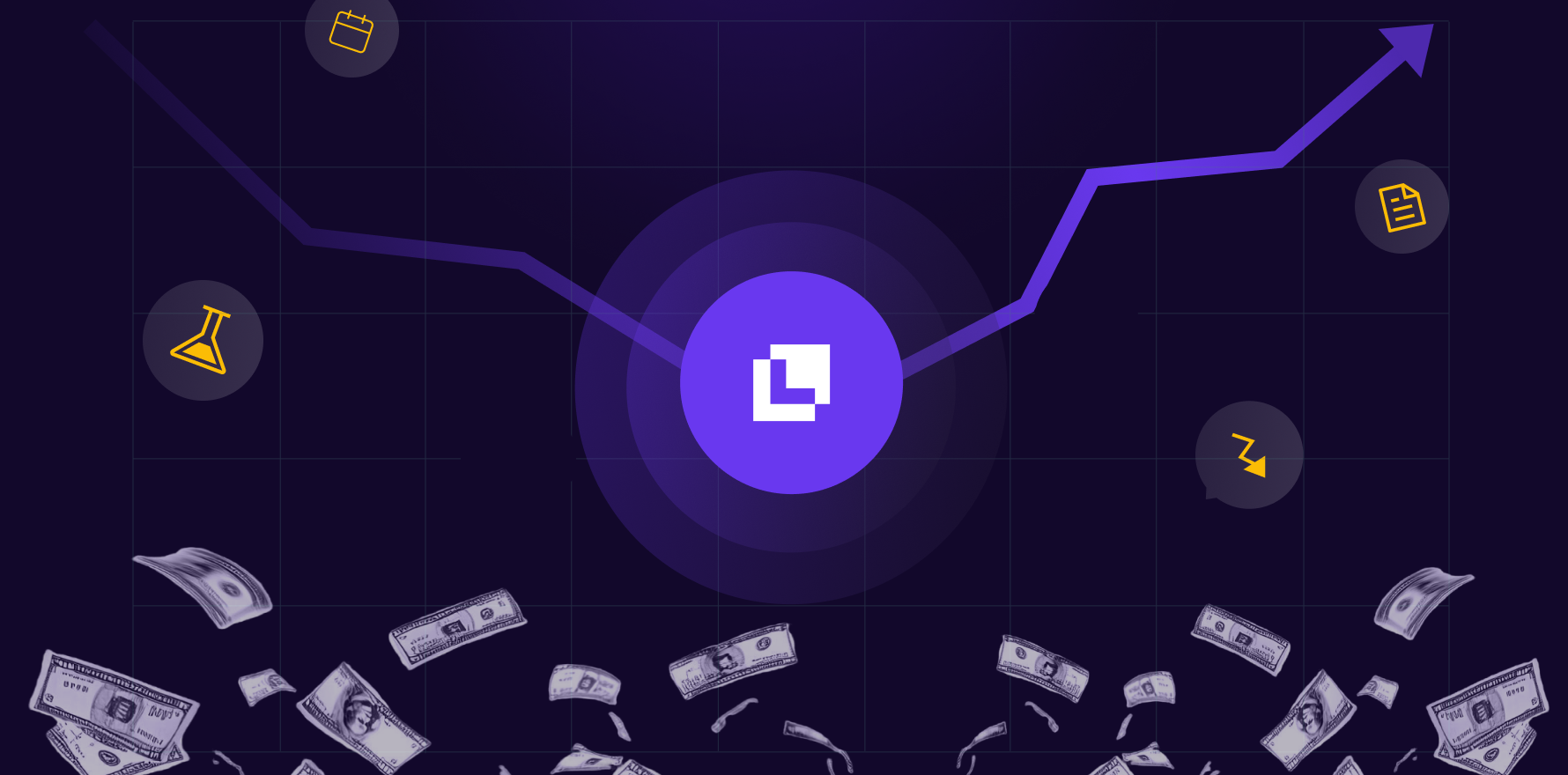
In the fast-paced world of digital advertising, understanding your campaign metrics is crucial for success. One of the most important metrics in this realm is Cost Per Click (CPC). Whether you’re running search ads, display campaigns, or social media promotions, knowing how to calculate and interpret CPC can make the difference between a campaign that bleeds money and one that drives real ROI. This guide will walk you through everything you need to know about CPC, from basic calculations to advanced strategies for optimizing your digital ad spend.
What is Cost Per Click (CPC)?
Before we dive into the calculations, let’s define what we mean by Cost Per Click:
Cost Per Click (CPC) is a digital advertising metric that represents the average amount you pay each time a user clicks on your ad. It’s a crucial measure of the cost-effectiveness of your digital advertising campaigns.
For digital marketers, understanding CPC is essential because:
- It directly impacts your advertising budget and ROI
- It helps in comparing the cost-efficiency of different ad platforms and campaigns
- It’s a key factor in bid strategies for platforms like Google Ads and Facebook Ads
- It provides insights into the competitiveness of your target keywords or audience
- It’s often used as a benchmark for assessing ad performance across industries
The Basic Formula for Calculating CPC
The basic formula for calculating CPC is straightforward:
CPC = Total Cost of Clicks / Total Number of Clicks
Here’s what each component means:
- Total Cost of Clicks: This is the amount you’ve spent on your ad campaign.
- Total Number of Clicks: This is the number of times users have clicked on your ad.
Step-by-Step Guide to Calculating CPC
Let’s break down the process of calculating CPC with a practical example:
Step 1: Gather Your Campaign Data
First, you need to collect two key pieces of information:
- The total amount spent on your campaign
- The total number of clicks your ads received
Let’s say you ran a search ad campaign on Google Ads:
- Total ad spend: $1,000
- Total clicks: 500
Step 2: Apply the CPC Formula
Now, let’s plug these numbers into our formula:
CPC = $1,000 / 500 = $2
This means, on average, you’re paying $2 for each click on your ad.
Step 3: Interpret the Result
A CPC of $2 means that each time someone clicks on your ad, it costs you $2. Whether this is a good CPC depends on your industry, the type of product or service you’re advertising, and your profit margins.
Real-World Applications in Digital Marketing
Let’s explore some specific scenarios where calculating and analyzing CPC can inform your marketing decisions:
1. Comparing Ad Platforms
Scenario: You’re running similar campaigns on Google Ads and Facebook Ads and want to compare their cost-efficiency.
Google Ads:
- Total Spend: $2,000
- Clicks: 800
- CPC = $2,000 / 800 = $2.50
Facebook Ads:
- Total Spend: $1,500
- Clicks: 1,000
- CPC = $1,500 / 1,000 = $1.50
In this case, Facebook Ads has a lower CPC, suggesting it might be more cost-effective for driving clicks. However, remember to consider factors like click quality and conversion rates as well.
2. Keyword Performance Analysis
Scenario: You’re running a Google Ads campaign targeting multiple keywords and want to identify the most cost-effective ones.
Keyword A:
- Spend: $500
- Clicks: 100
- CPC = $500 / 100 = $5
Keyword B:
- Spend: $300
- Clicks: 150
- CPC = $300 / 150 = $2
Keyword B has a significantly lower CPC, which might make it a more attractive option for budget allocation. However, also consider the conversion rate and relevance of each keyword to your goals.
3. Ad Copy A/B Testing
Scenario: You’re testing two different ad copies to see which performs better in terms of CPC.
Ad Copy A:
- Spend: $400
- Clicks: 80
- CPC = $400 / 80 = $5
Ad Copy B:
- Spend: $400
- Clicks: 100
- CPC = $400 / 100 = $4
Ad Copy B has a lower CPC, indicating it’s more effective at generating clicks for the same budget. This insight can guide your ad copy optimization efforts.
Advanced Considerations in CPC Calculations
As you become more proficient with basic CPC calculations, consider these advanced concepts:
1. Maximum CPC Bid
In many advertising platforms, you can set a maximum CPC bid, which is the highest amount you’re willing to pay for a click. Your actual CPC will often be lower than this bid. Calculate your maximum CPC bid based on your conversion rate and target Cost Per Acquisition (CPA):
Max CPC Bid = Target CPA x Conversion Rate
2. Quality Score Impact
On platforms like Google Ads, your Quality Score affects your actual CPC. A higher Quality Score can lower your CPC:
Actual CPC = (Ad Rank of the ad below yours / Your Quality Score) + $0.01
3. ROAS (Return on Ad Spend) and CPC
To ensure profitability, calculate your target CPC based on your desired ROAS:
Target CPC = (Average Order Value x Conversion Rate x Target ROAS) / 100
4. Click-Through Rate (CTR) and CPC
There’s often an inverse relationship between CTR and CPC. Monitor both metrics:
CTR = (Number of Clicks / Number of Impressions) x 100
A higher CTR can lead to a lower CPC, especially in auction-based systems like Google Ads.
Common Pitfalls to Avoid
When working with CPC in digital marketing, watch out for these common mistakes:
- Focusing Solely on Lowering CPC: A lower CPC isn’t always better if it results in lower-quality traffic or fewer conversions.
- Ignoring Industry Benchmarks: What’s considered a good CPC varies widely by industry. Always benchmark against relevant standards.
- Neglecting Click Quality: Not all clicks are created equal. Consider the intent and relevance of the users clicking your ads.
- Overlooking Device Differences: CPC can vary significantly between desktop and mobile. Analyze and optimize for each separately.
- Forgetting About Lifetime Value: A higher CPC might be acceptable for customers with a high lifetime value.
Tools for CPC Analysis
Several tools can assist you in calculating and analyzing CPC:
- Google Ads: Provides detailed CPC data for search and display campaigns.
- Facebook Ads Manager: Offers CPC metrics for Facebook and Instagram advertising.
- Bing Ads: Gives CPC insights for advertising on the Bing search network.
- SEMrush: Allows you to analyze competitor CPCs and get keyword CPC estimates.
- AdEspresso: Offers detailed CPC analysis and optimization suggestions for social media ads.
Leveraging CPC in Your Marketing Strategy
Understanding and effectively using CPC calculations can significantly enhance your digital marketing efforts. Here’s how you can leverage this metric:
- Budget Allocation: Use CPC data to distribute your budget effectively across different keywords, ad groups, or platforms.
- Bid Optimization: Adjust your bids based on CPC performance to maximize clicks within your budget.
- Ad Copy Improvement: Continuously test and refine your ad copy to lower CPC and improve CTR.
- Keyword Strategy: Identify high-performing keywords with low CPCs to focus your efforts.
- Audience Targeting: Analyze CPC across different audience segments to refine your targeting.
- Campaign Scheduling: Identify times of day or days of the week with lower CPCs to optimize your ad scheduling.
- Competitive Analysis: Compare your CPCs to industry benchmarks and competitor estimates to gauge your market position.
Conclusion
Cost Per Click is more than just a metric—it’s a powerful tool that can drive your entire digital advertising strategy. By mastering the calculation and interpretation of CPC, you equip yourself to make data-driven decisions that optimize your ad spend and drive better results.
Remember, while CPC is crucial, it should always be considered in the context of your overall marketing goals. The most successful digital advertising strategies balance CPC with other key performance indicators like conversion rate, return on ad spend, and customer lifetime value.
As you continue to refine your approach to measuring and optimizing CPC, you’ll develop a more nuanced understanding of your advertising efficiency and campaign effectiveness. This knowledge will empower you to create more impactful advertising initiatives, allocate your budget more efficiently, and ultimately drive better results for your business.
So, the next time you’re planning a digital advertising campaign, optimizing your keyword bids, or making a case for marketing budget, remember to dive deep into your CPC data. It might just be the key to unlocking unprecedented efficiency and effectiveness in your digital marketing efforts!
Free essential resources for success
Discover more from Lifesight















